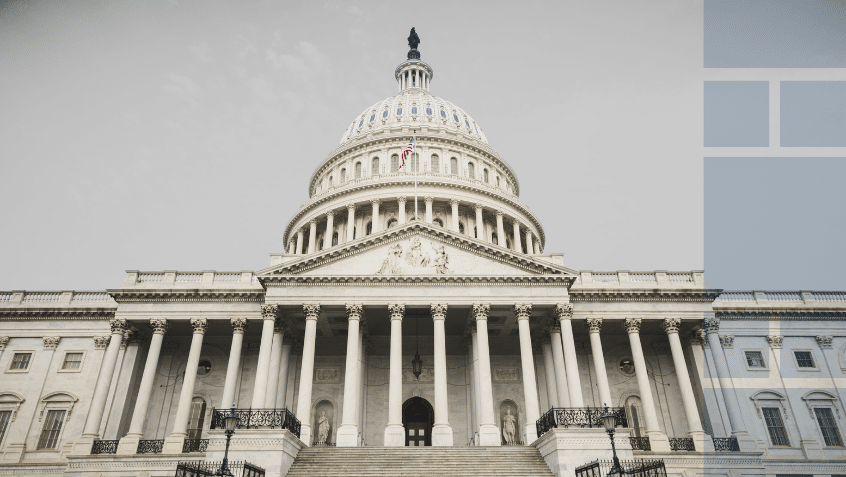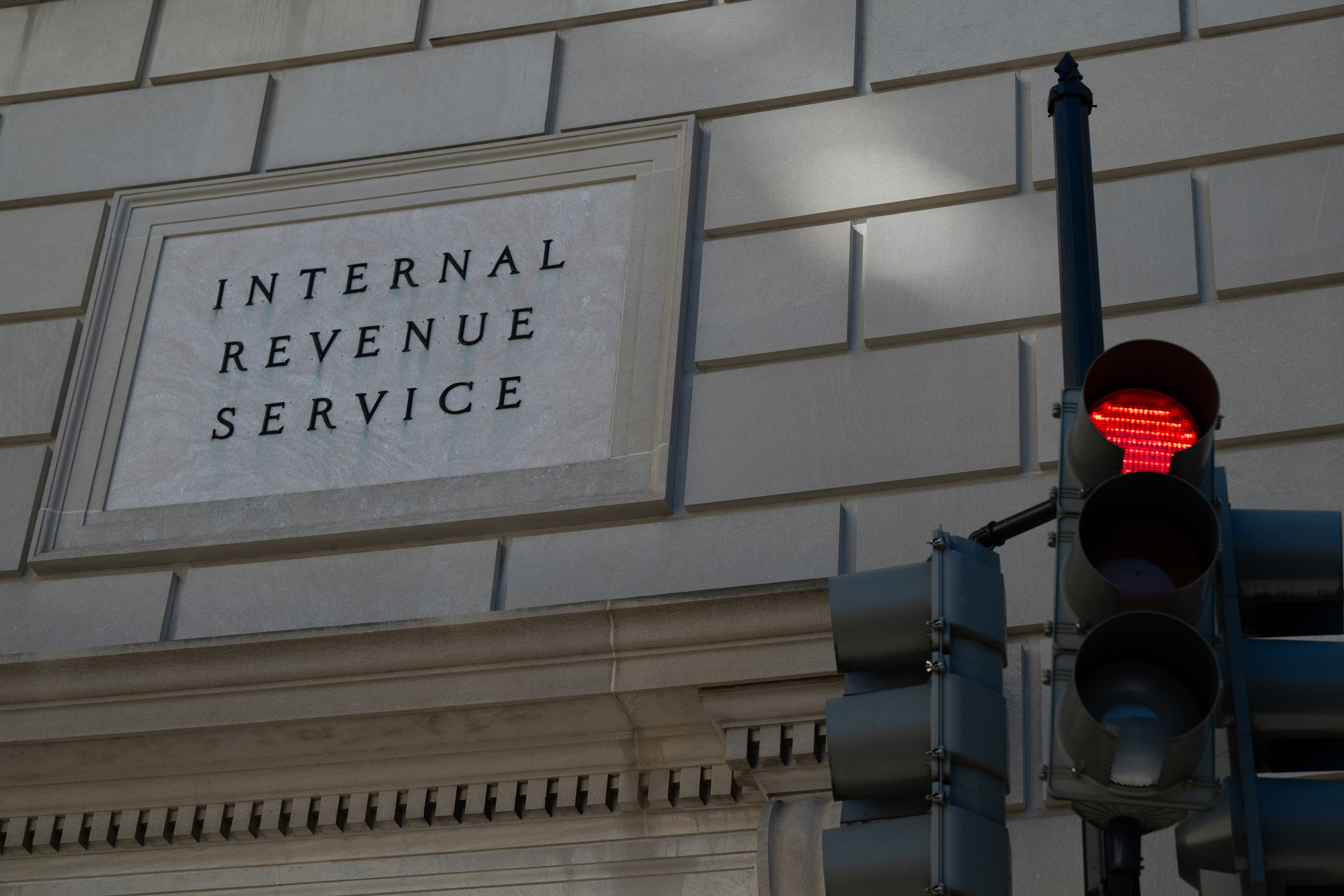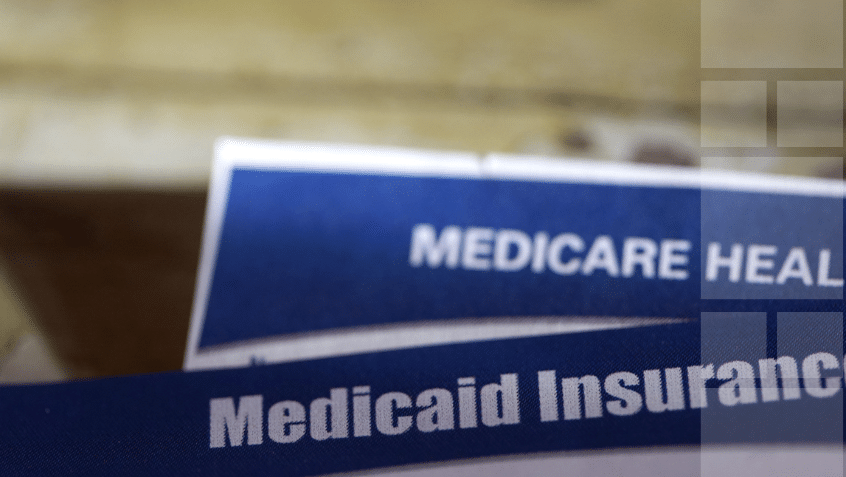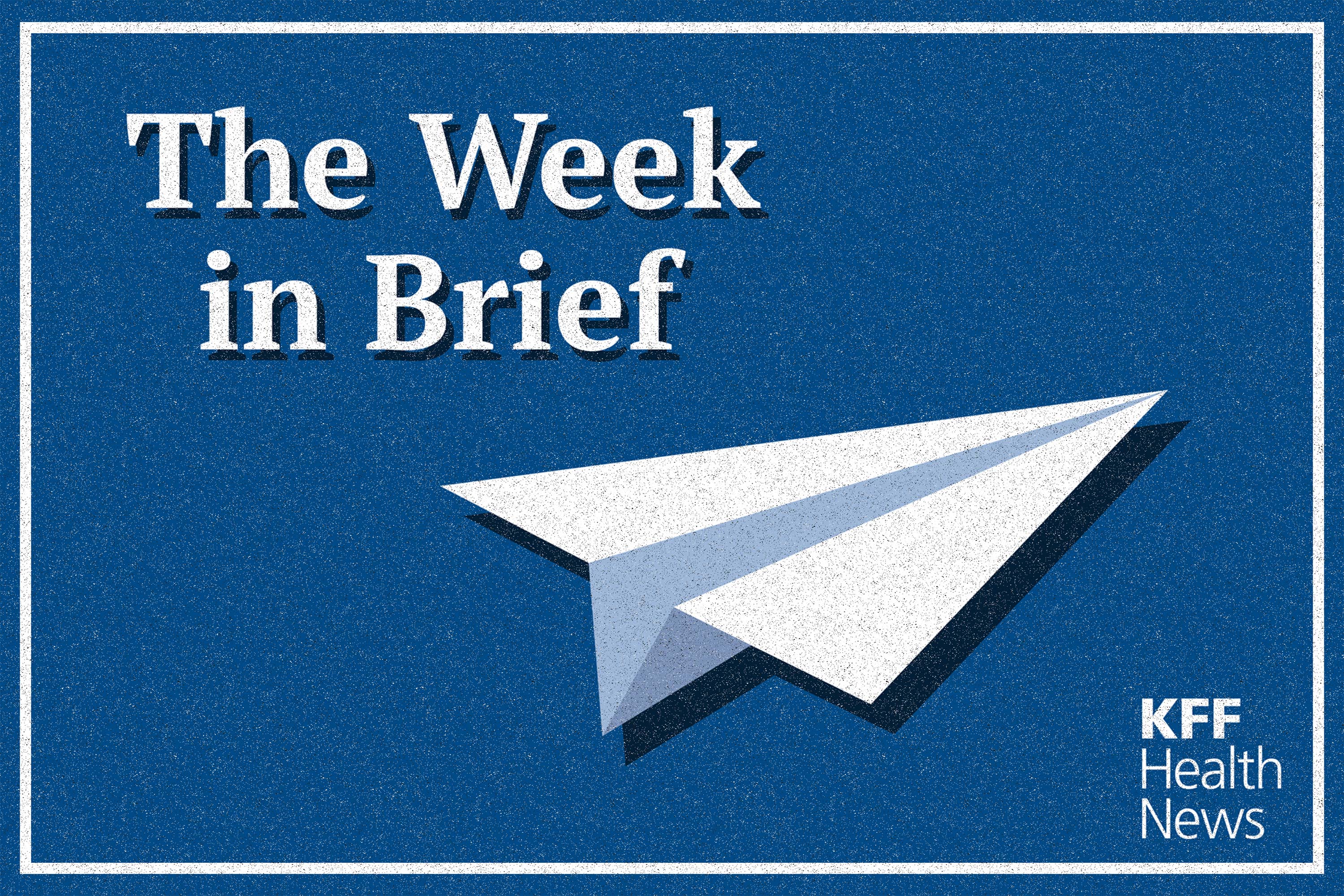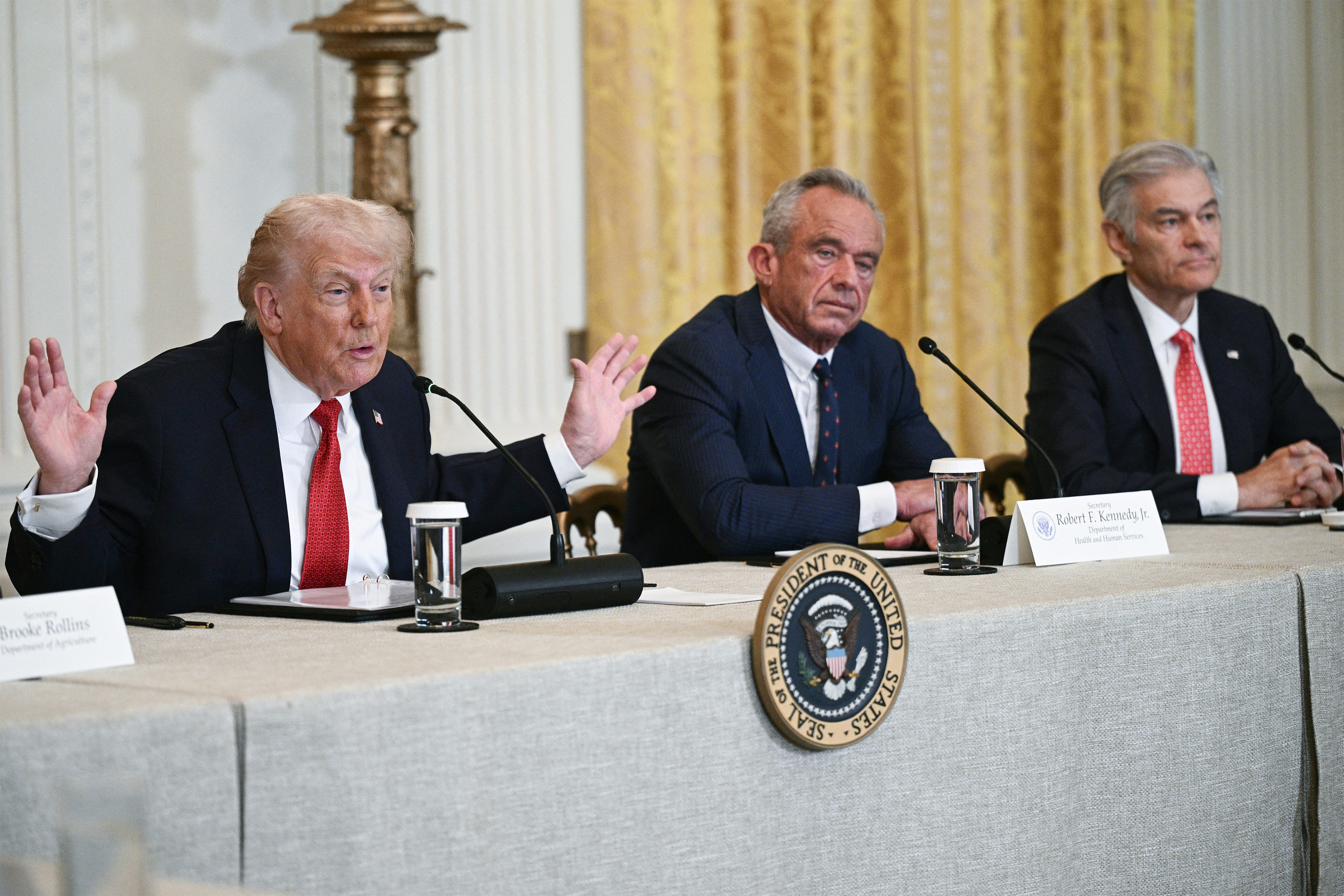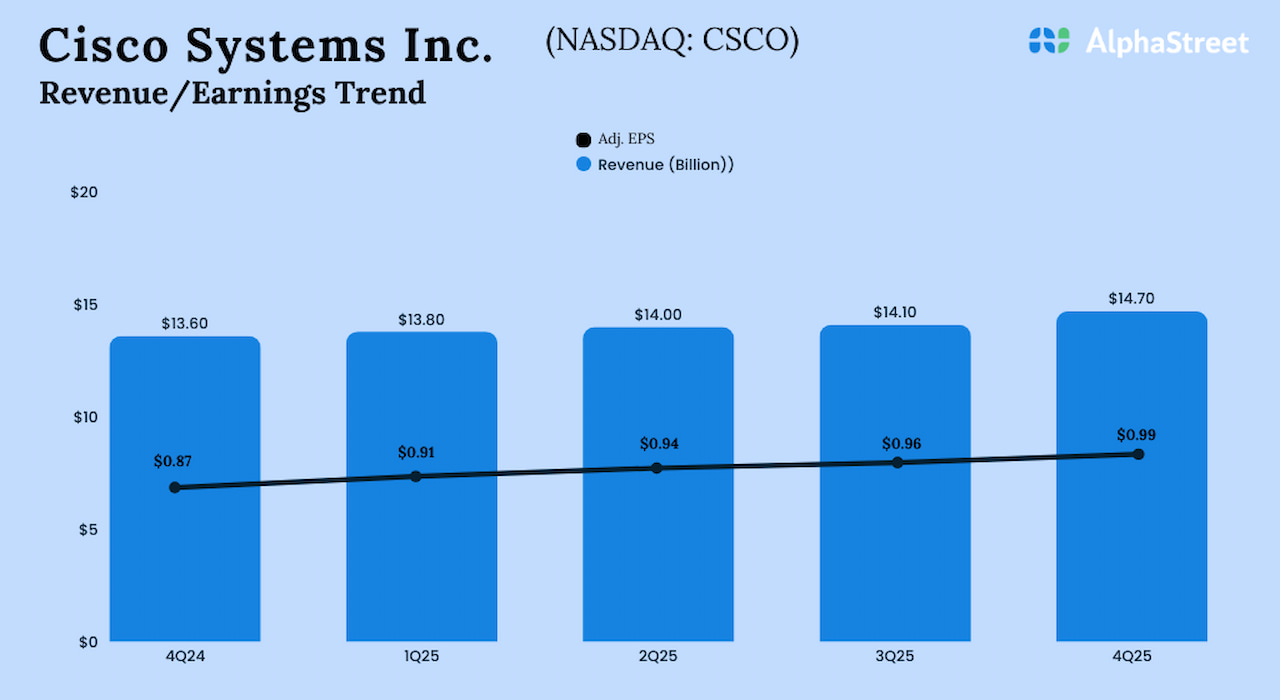The Congressional Budget Office’s (CBO) latest analysis of the One Big Beautiful Bill Act (OBBBA), the reconciliation bill passed by congressional Republicans and championed by the Trump administration, anticipates millions losing access to critical food aid, financial assistance, and health coverage in the next ten years.
Benefits of Tax Cuts Will Not Reach Lowest Earners
Released on Monday, the report predicts that the legislation will likely raise the after-tax income of the richest Americans, while cuts to social spending will substantially disadvantage the poorest. The budget office’s report was an update to an earlier analysis it issued in June, before the bill was finalized and signed into law. The updated report similarly examines how the bill’s policies would affect Americans at every level of income, estimating that the incomes for the highest 10% of earners would rise by an average of 2.7% by 2034, mainly driven by tax cuts, while those of the lowest 10% would fall by 3.1%, mostly because of cuts to programs such as Medicaid and food aid.
Millions to Become Uninsured
The impacts on health insurance are stark across all programs. Under the law, at least 10 million more people are expected to become uninsured by 2034—with 7.5 million in losses due to changing Medicaid policies and around 2.1 million people losing access to coverage through the Affordable Care Act marketplaces.
At least 10 million more people are expected to become uninsured by 2034.
CBO expects 100,000 people who have paid Social Security taxes for 10 or more years will be newly ineligible for Medicare under the law’s changes, while changes that halt rules streamlining Medicaid and Medicare Savings Program (MSP) enrollment would cause 400,000 to become uninsured. The millions of people who will lose access to MSPs or Medicaid but keep Medicare are not counted among those who will be uninsured as a result of the changes, but previous CBO estimates anticipate that these individuals will forgo healthcare because they will not be able to afford their out-of-pocket costs without that additional coverage.
Although not reflected in the CBO report, an additional 5 million people are expected to become uninsured when the Affordable Care Act’s enhanced tax credits end later this year. Unlike other expiring tax breaks, the credits were not extended in the reconciliation bill.
Unlike other expiring tax breaks, the Affordable care Act’s enhanced tax credits were not extended in the reconciliation bill.
The latest CBO estimates confirm the OBBBA will have serious and long-lasting consequences, resulting in harmful program cuts and coverage losses. Medicare Rights remains committed to minimizing and reversing these harms.

